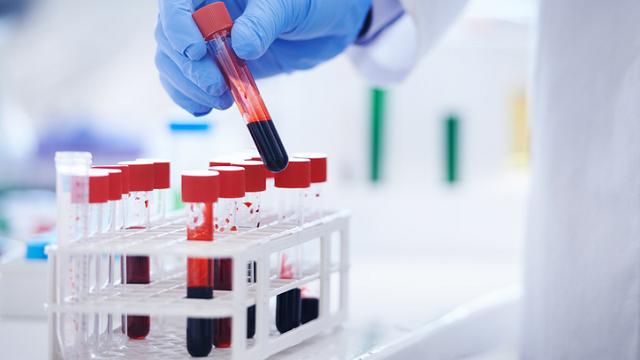 ISTOCK, PEOPLEIMAGESThe National Institutes of Health (NIH) is planning to enroll 1 million people across the U.S. for a database of genetics, lifestyles, and environmental conditions relating to health. The agency’s “All of Us” program, which will open for volunteer signup on Sunday (May 6), will provide an important tool in the development of treatment and prevention strategies for various diseases, health officials say.
ISTOCK, PEOPLEIMAGESThe National Institutes of Health (NIH) is planning to enroll 1 million people across the U.S. for a database of genetics, lifestyles, and environmental conditions relating to health. The agency’s “All of Us” program, which will open for volunteer signup on Sunday (May 6), will provide an important tool in the development of treatment and prevention strategies for various diseases, health officials say.
“All of Us is an ambitious project that has the potential to revolutionize how we study disease and medicine,” Health and Human Services Secretary Alex Azar says in a statement. “We look forward to working with people of all backgrounds to take this major step forward for our nation’s health.”
The project has secured $1.45 billion in funding for the next decade, and has already enrolled 25,000 participants as part of a pilot run last year. People will first share electronic health records, blood samples, and information about their lifestyles. Later in the year, researchers will start administering tests for particular genetic variants that may be related to disease risk.
Now that enrollment is going public, the agency is keen to assuage concerns about the ...




















